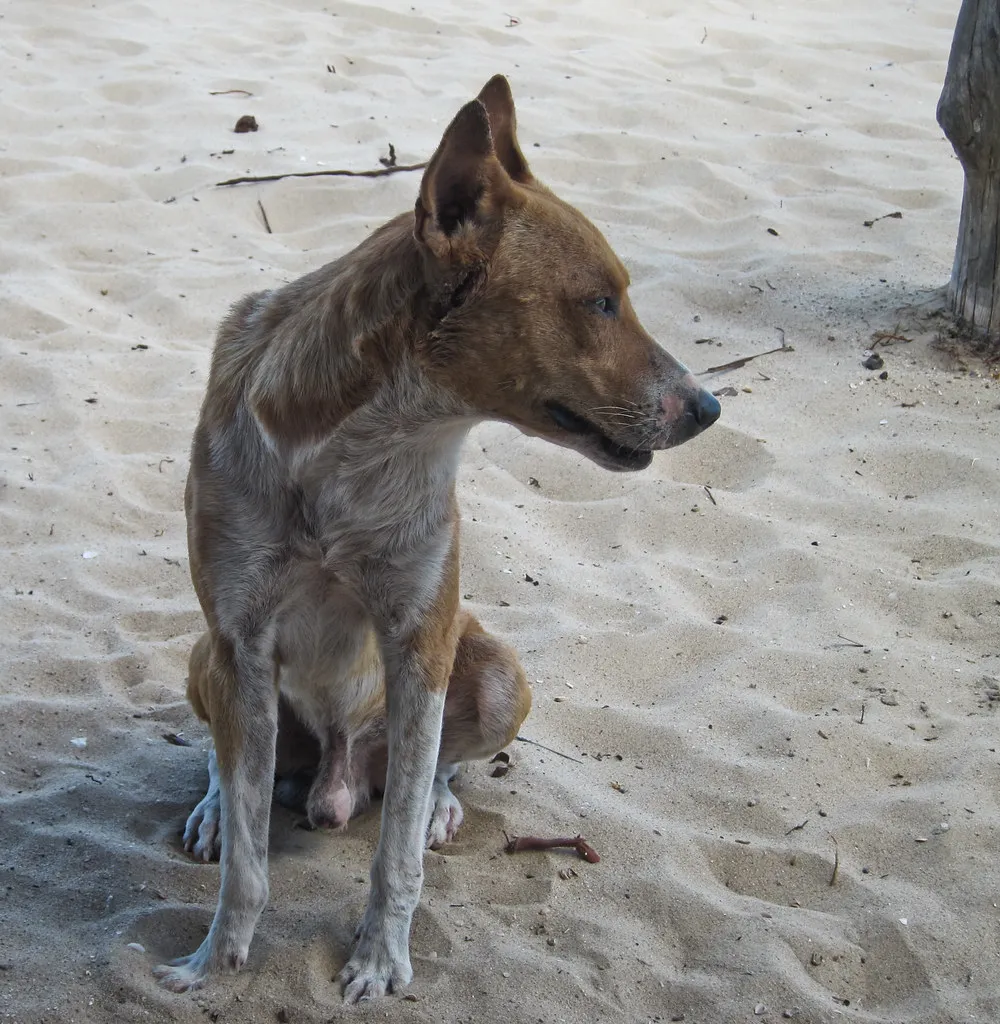A call we received earlier this week was from a concerned dog owner whose dog keeps eating so much but is not adding weight, she was so worried that she asked questions about what she may be getting wrong about feeding her dog. Of course, before making any form of diagnosis, questions must be asked about the feeding habits of her pet.
It is essential to ensure that our choices of feeding are closely linked with the knowledge of good information. Questions concerning; how much I need to feed my pet, and whether am I meeting the nutritional needs of my pet should be on your mind every time you feed them.

credit
Your dog requires several types of nutrients for survival, we have them in the form of amino acids derived from proteins, vitamins, carbohydrates and fatty acids, minerals, and water. Aside from the generally required nutrient essentials, the unique nutritional requirement of your pet will be dependent on its size, breed, age, and other factors.
Let me explore the basic function of these nutrients in the body of your pets one after the other.
Amino acids and Proteins: Your dog can't survive without protein in their diet. Dietary proteins are made up of ten major amino acids that dogs are unable to produce on their own. These amino acids provide building blocks for other very important biologically active proteins and compounds, in addition to that, they also donate the required carbon chains to make glucose for energy.
Energy Requirements: Your dog will require a specific amount of energy in order to sustain normal activities of daily life. The normal energy requirement of your pet is increased through; pregnancy, growth, lactation, and exercise.

credit
A growing puppy will begin by requiring around twice as many calories per body pound of body weight as an adult dog of the same breed. As a pet owner, you need to begin to feed your puppy at about 4 weeks old after birth because the mother's milk is no longer enough.
Older dogs will require 20% fewer total calories than middle-aged adult dogs. As dogs get older, they will normally become overweight and it may take obese dogs a longer time for the concentration of blood glucose to return to normalcy.
Your pet as a new Mum will breastfeed their little ones for at least six weeks, which means the calory need of the mother will strongly increase.
Energy comes in three different forms; Proteins, fats, and carbohydrates.
Your dog will naturally show signs of preference for meals that are high in protein, one cannot tell if this is simply an issue of taste or a complex response to their biological needs. Your dog even can survive on a vegetarian diet as long as it is packed full with the required amount of protein and is highly supplemented with vitamin D.
Fatty Acids and Fats: Required dietary fat for your pet is mainly derived from animal fats along with seed oils of different plants. These fatty acids play an important role in cell structure and function. Dietary requirements serve as a supply of essential fatty acids that cannot be synthesized in the body, they also serve as carriers for fat-soluble vitamins that are highly important.
These essential fatty acids are highly important for the health of your dog's skin and coat. In a case where your pup is fed with ultralow-fat diets, they will begin to develop dry, coarse skin and hair that will become increasingly vulnerable to infections.
Minerals: Phosphorus and calcium are important for the enhancement of strong bones and teeth. Dogs require sodium, potassium, and magnesium for the transmission of nerve impulses, cell signaling, and muscle contraction.
Vitamins: Vitamins are organic compounds that are involved in a range of metabolic activities. Dogs will need vitamins in their food although in low concentrations. Some vitamins like vitamin D are required in small doses but are highly toxic in excess amounts.
You can tell your dog is underweight and not getting sufficient food if it is easy for you to see its ribs. In a situation of being chronically underfed, adult dogs may find it difficult to nurse their young ones and increase susceptibility to infections and parasites. An underfed puppy may experience stunted growth.
Your pt has an ideal weight if it is possible for you to feel its ribs easily. It should be easy to have its waist observed behind the ribs when viewed from the top.
Your pet has become overweight when it is impossible for you to feel its ribs when you can physically notice fat deposits over its back and the base of its tail.
If you are sure that the meal of your dog is packed full of their nutritional requirements all the time, then there are other possible reasons why your dog may not be gaining weight;
- It may be due to stress.
- Probably they are picky eaters.
- Your dog may be sick.
- It may be an age-related issue.
Conclusion.
You may be feeding your dog lots of food and he still isn't adding weight. It is not only about the quantity of the food but rather the quality, so the question is, how nutritionally packed is your dog's meal? Other factors like stress, absence of exercise may also contribute to your dog's weight so make sure to check them out as well.
References.
https://nap.nationalacademies.org/resource/10668/dog_nutrition_final_fix.pdf
https://roguepetscience.com/blogs/dog-nutrition/how-to-help-your-dog-gain-weight
https://www.petmd.com/dog/nutrition/how-help-puppy-who-isnt-gaining-weight
